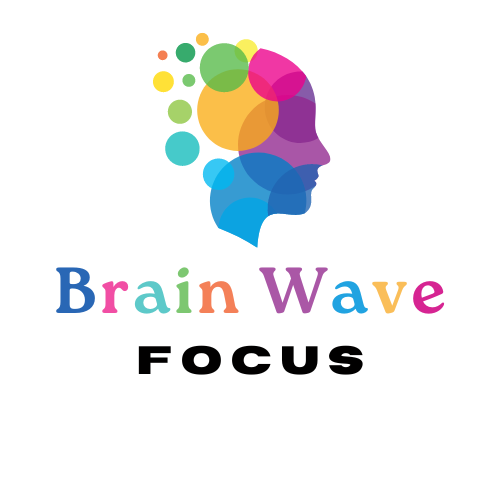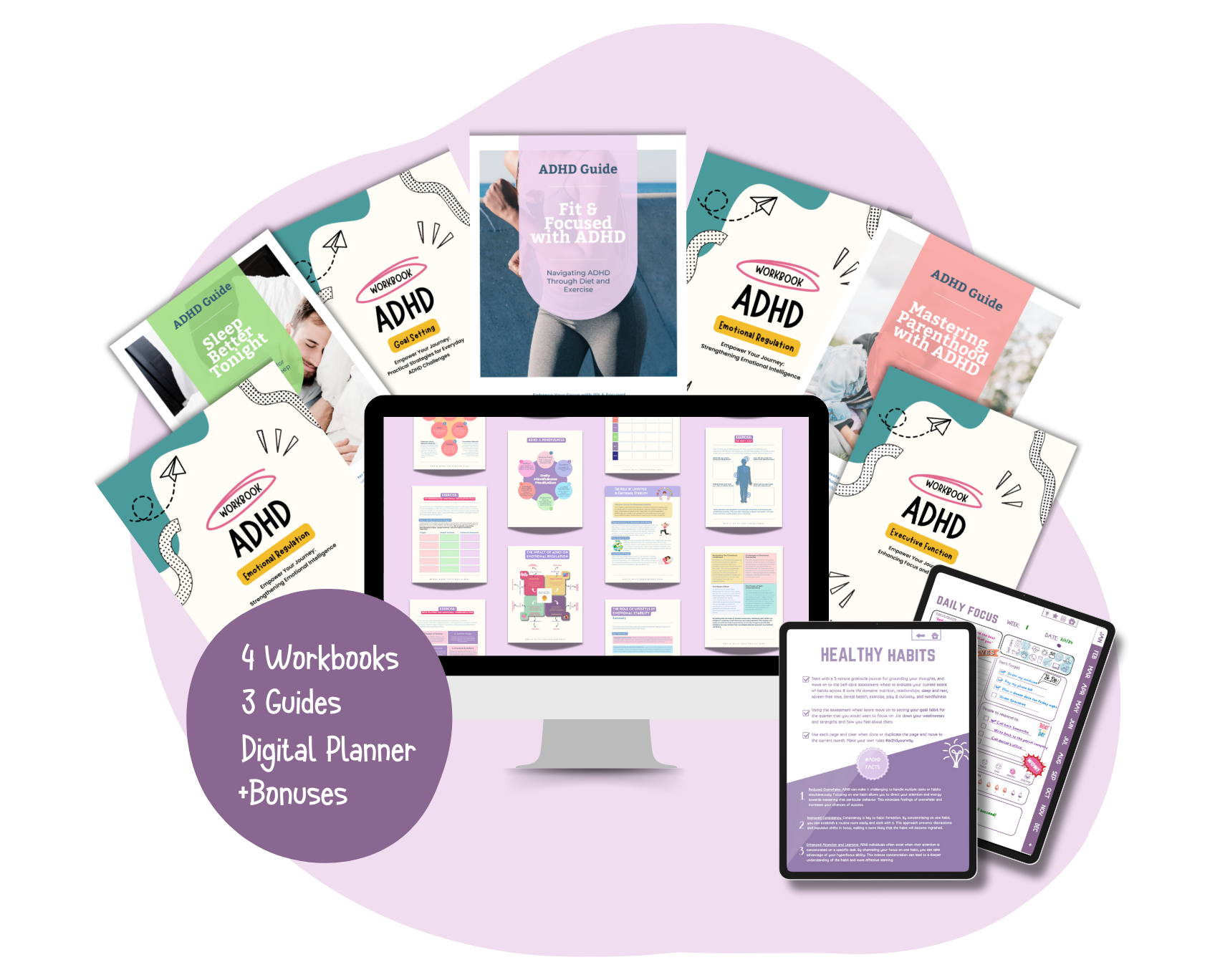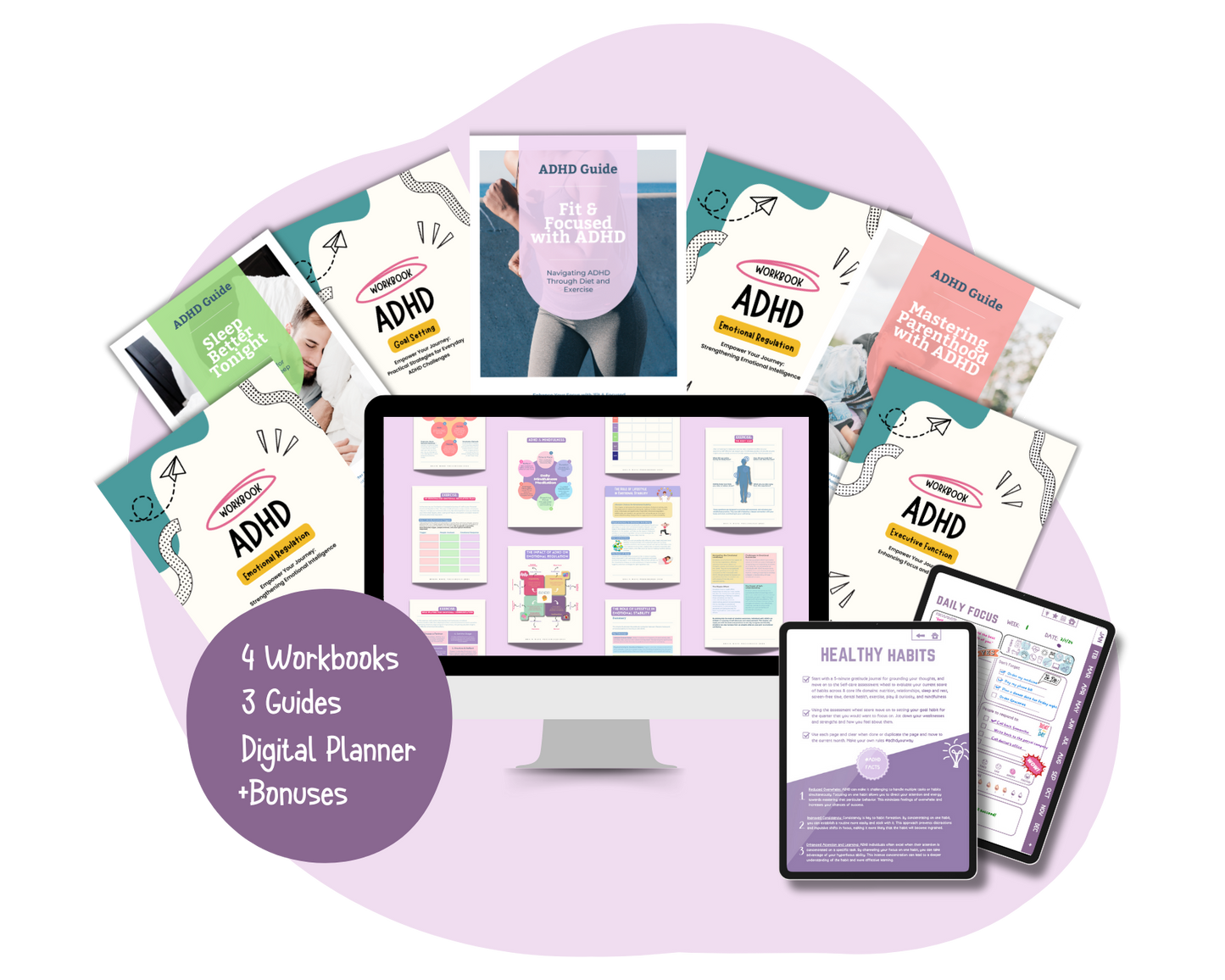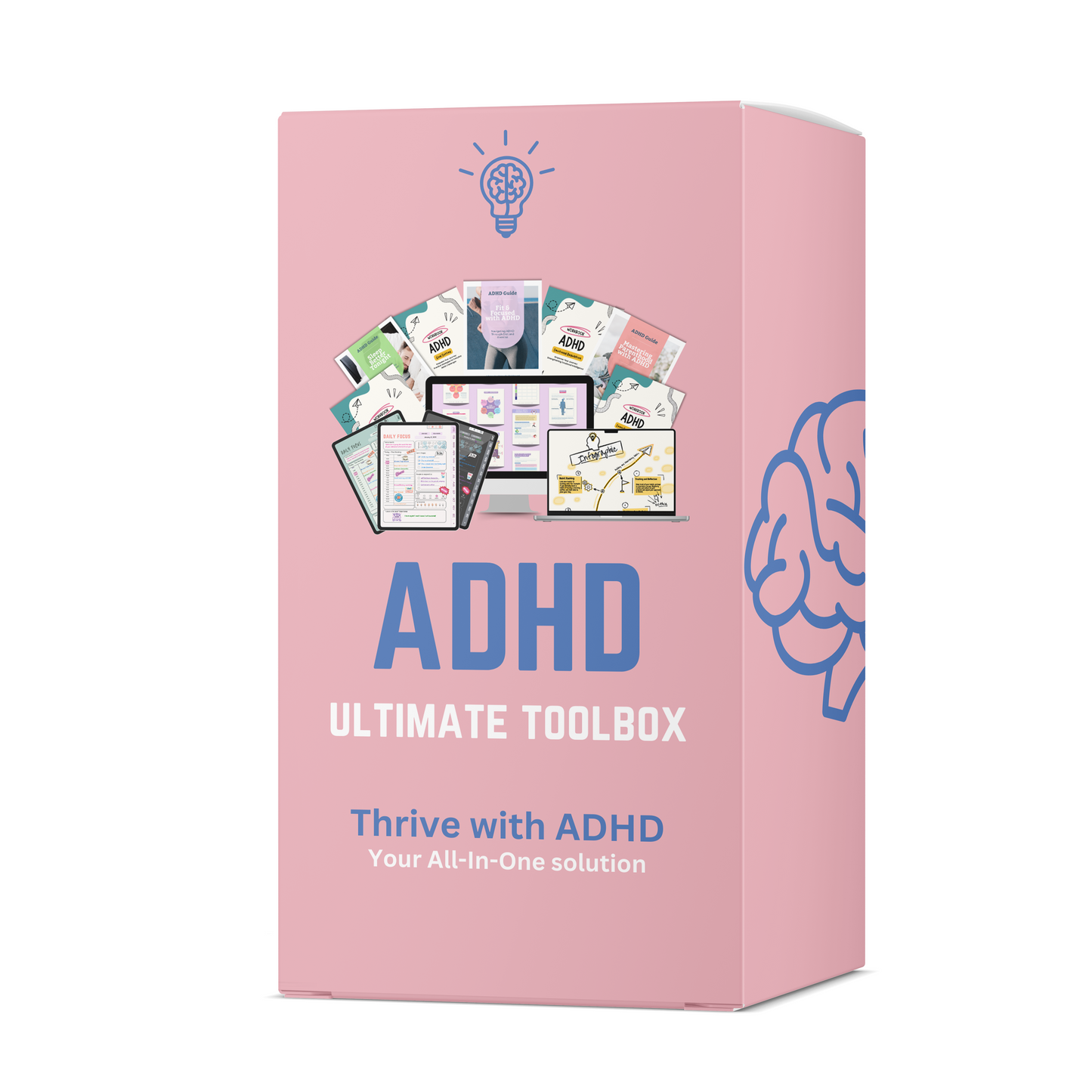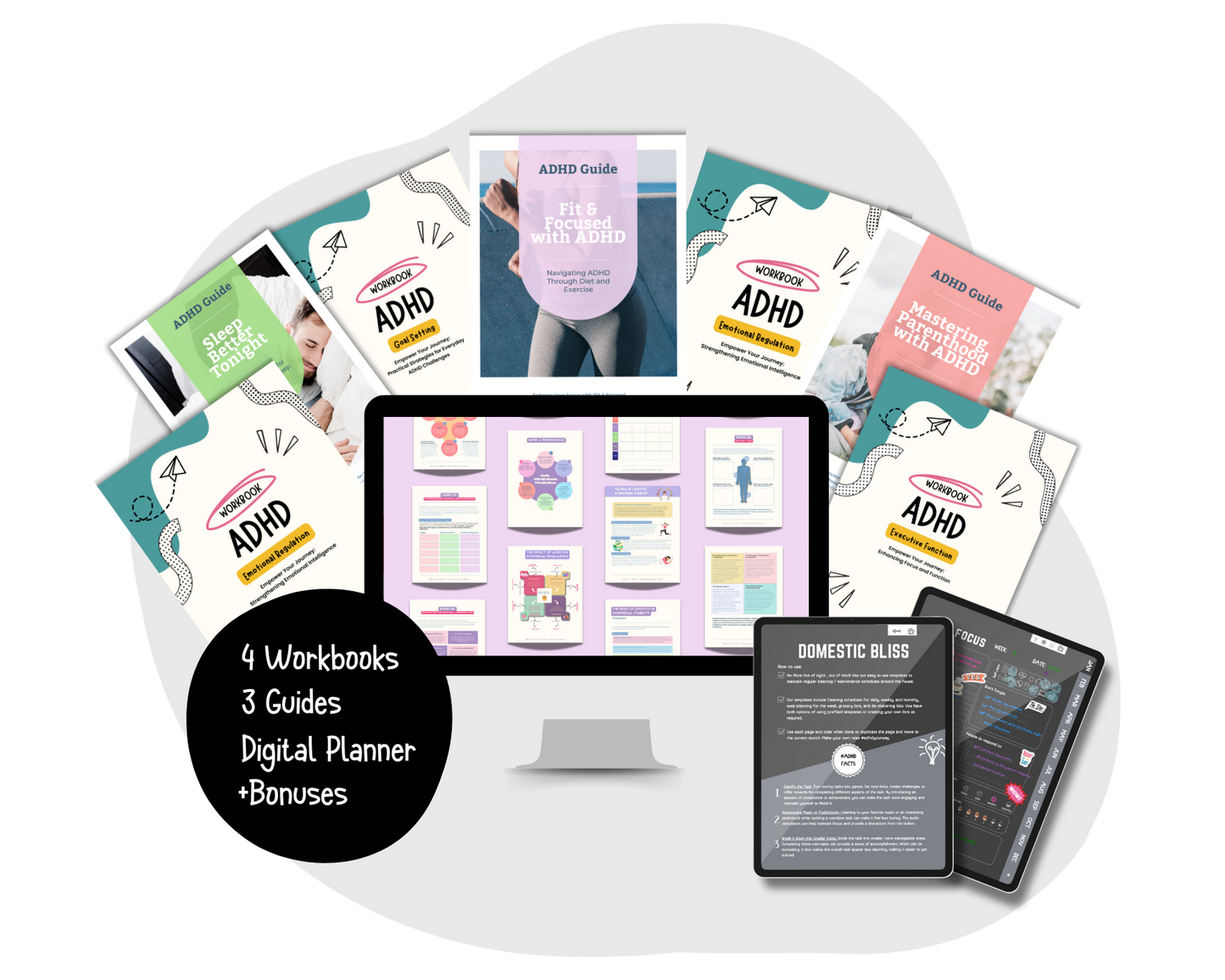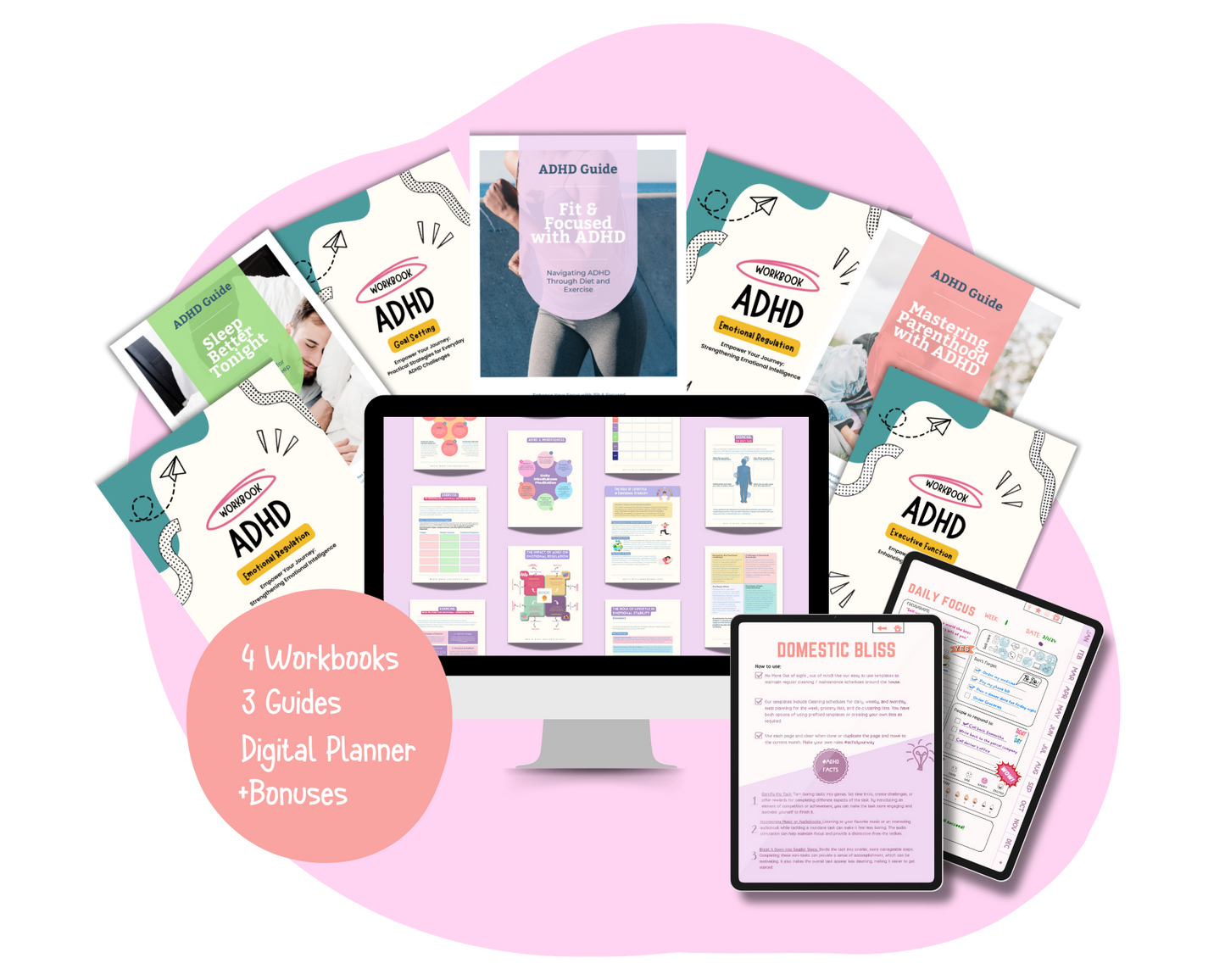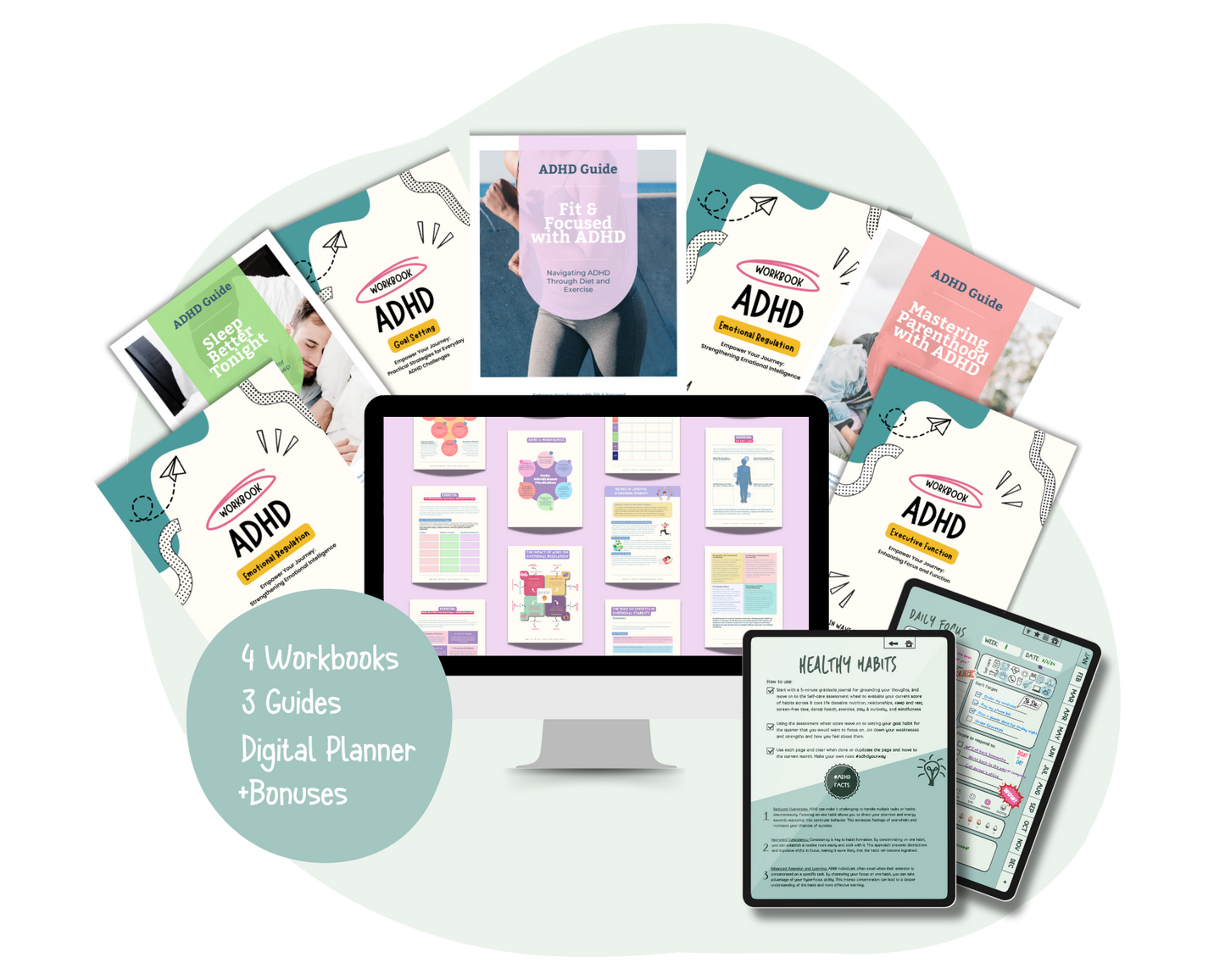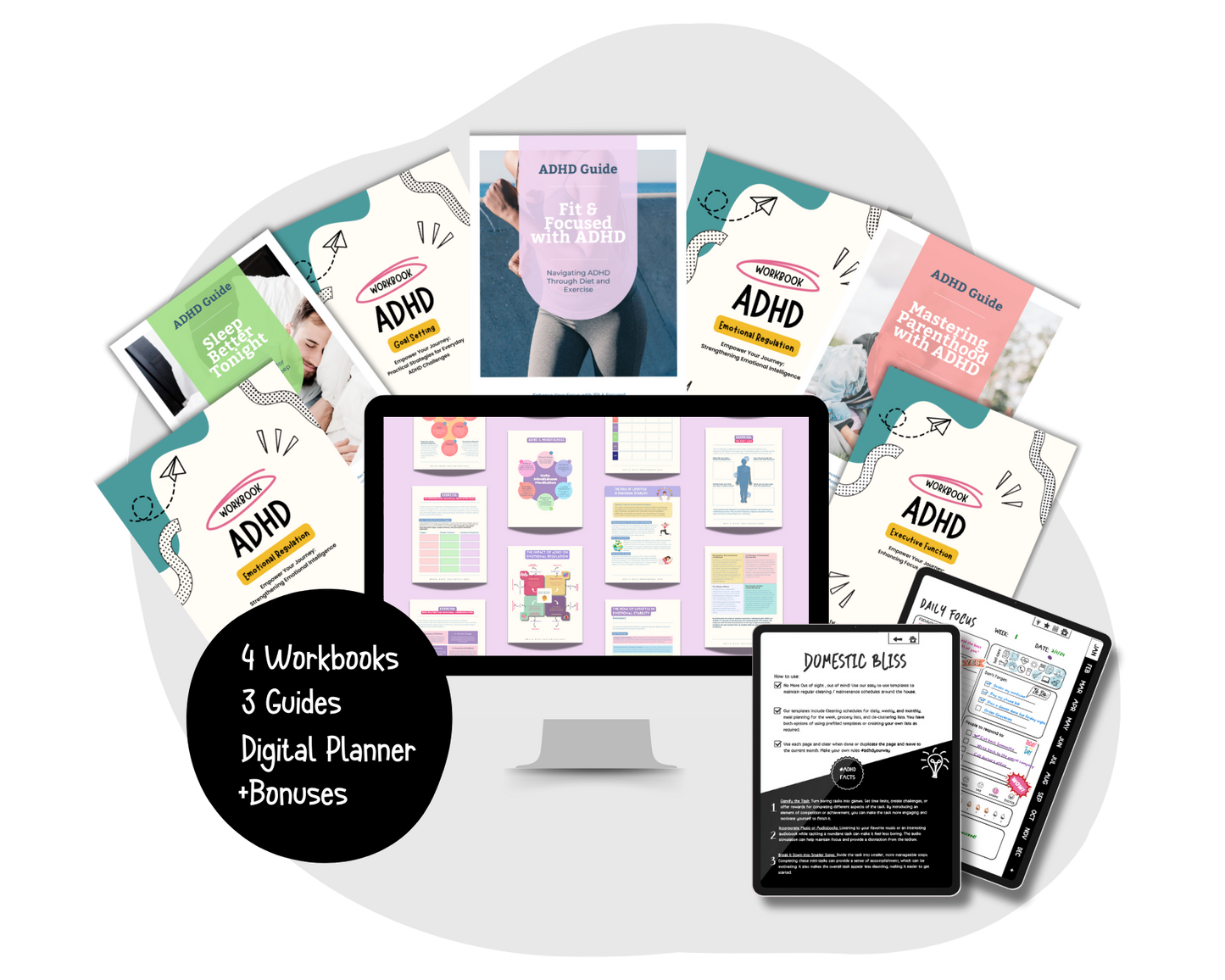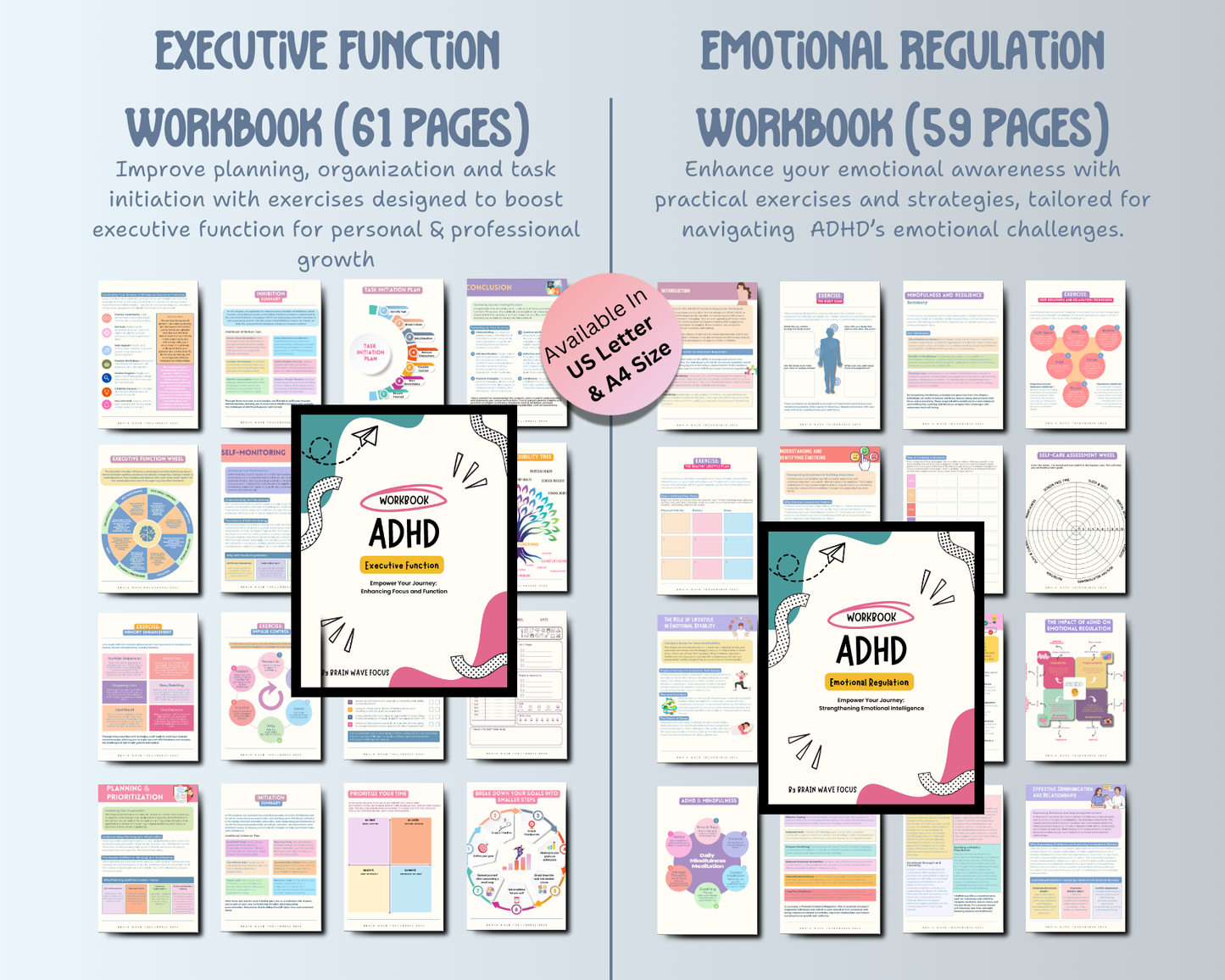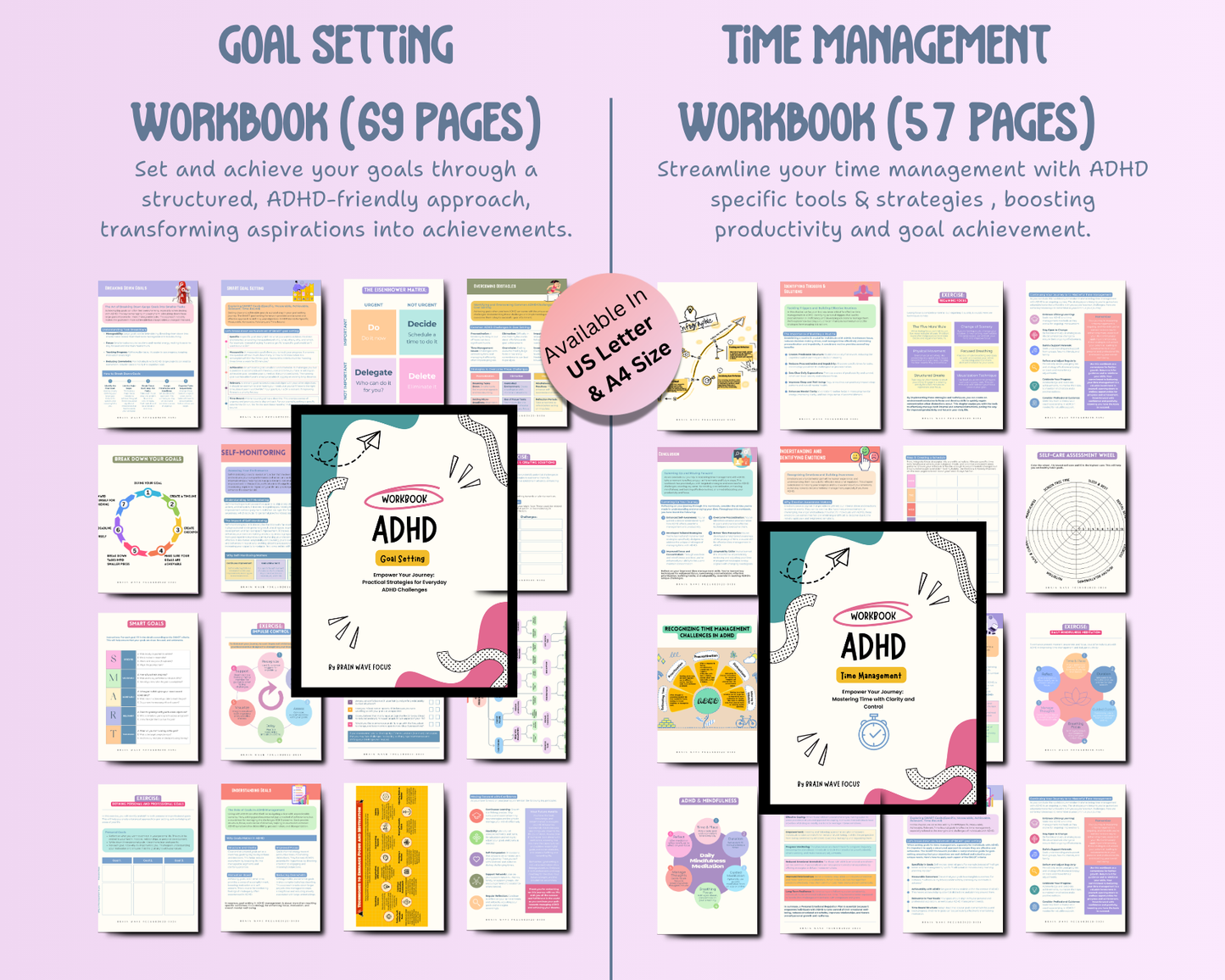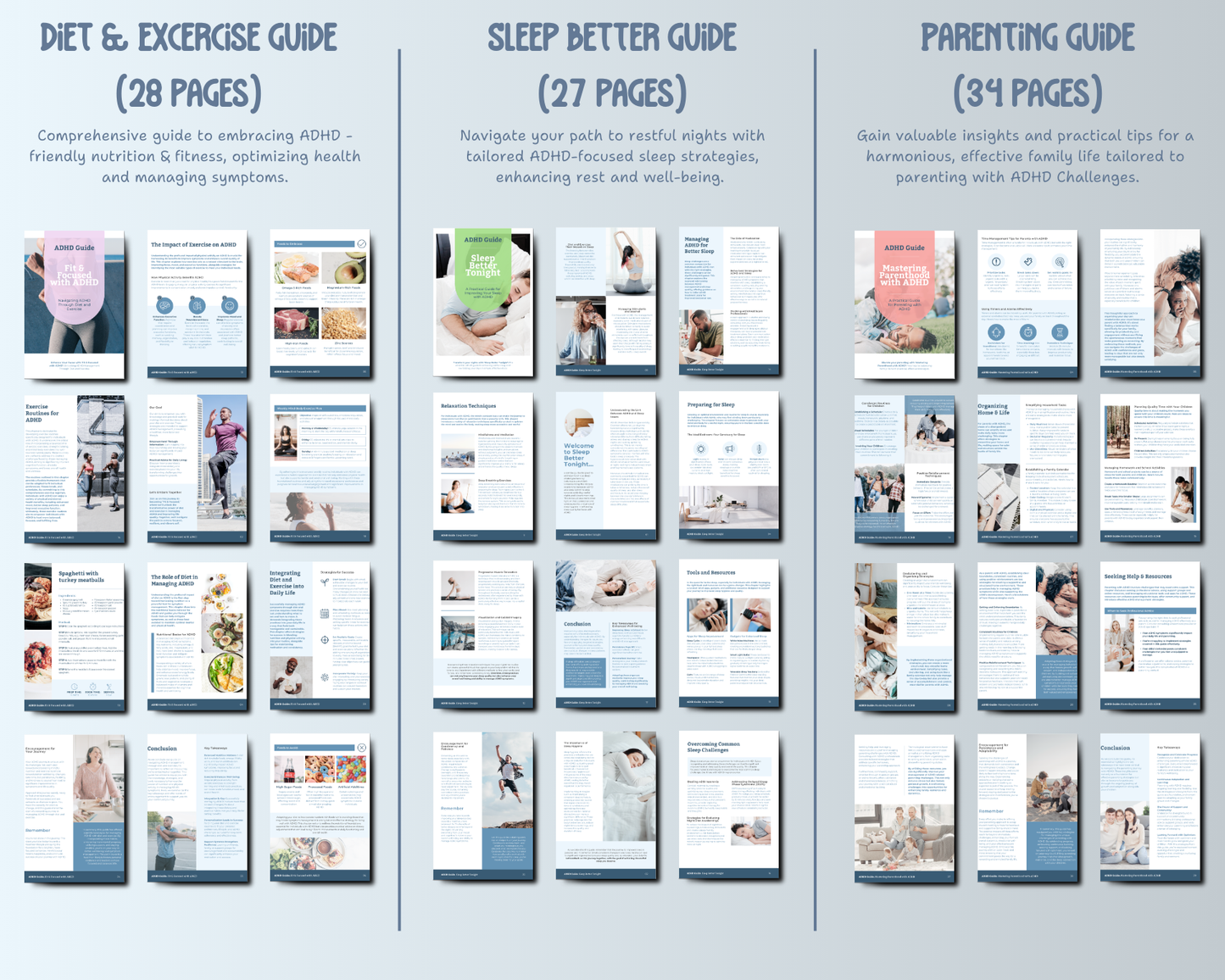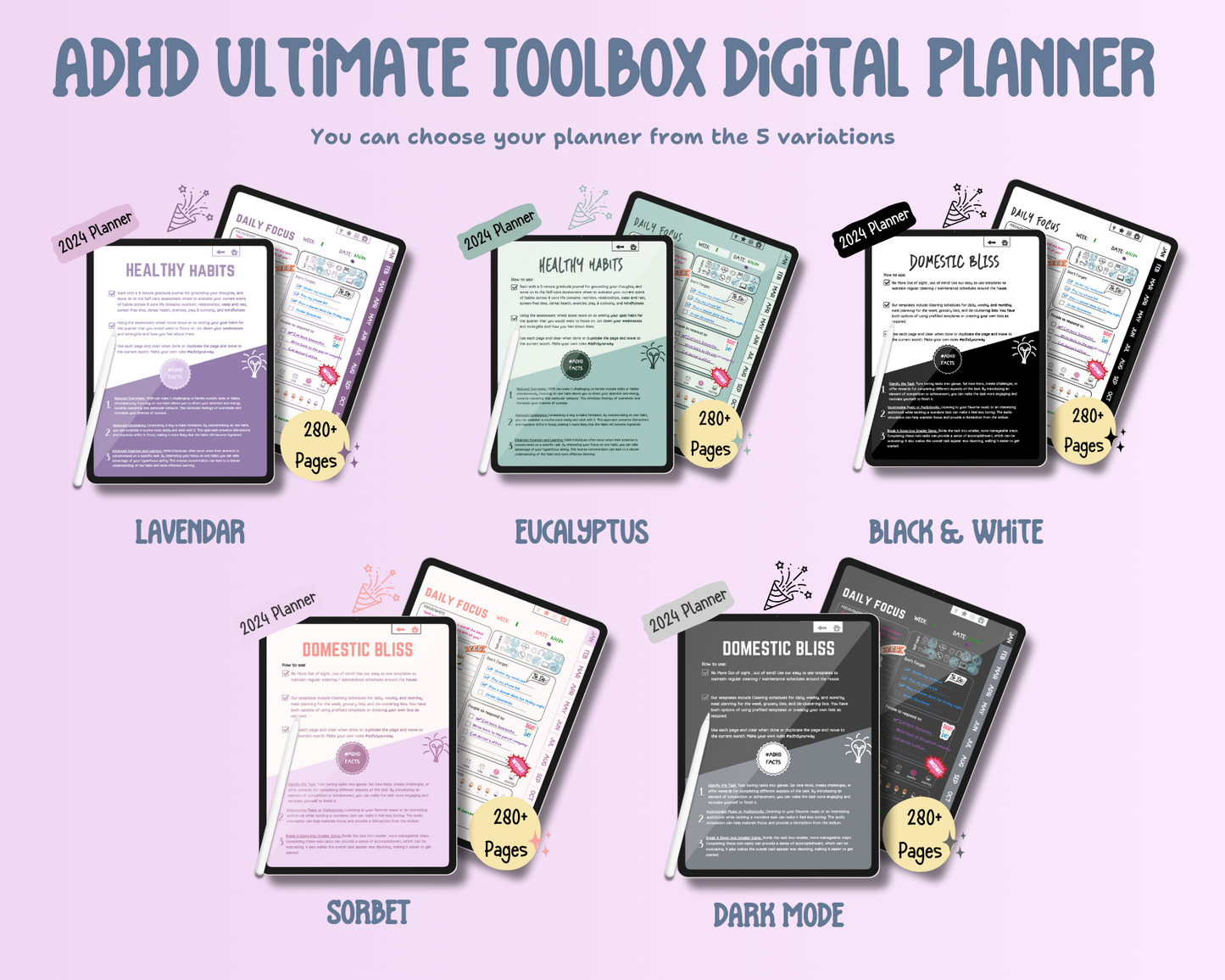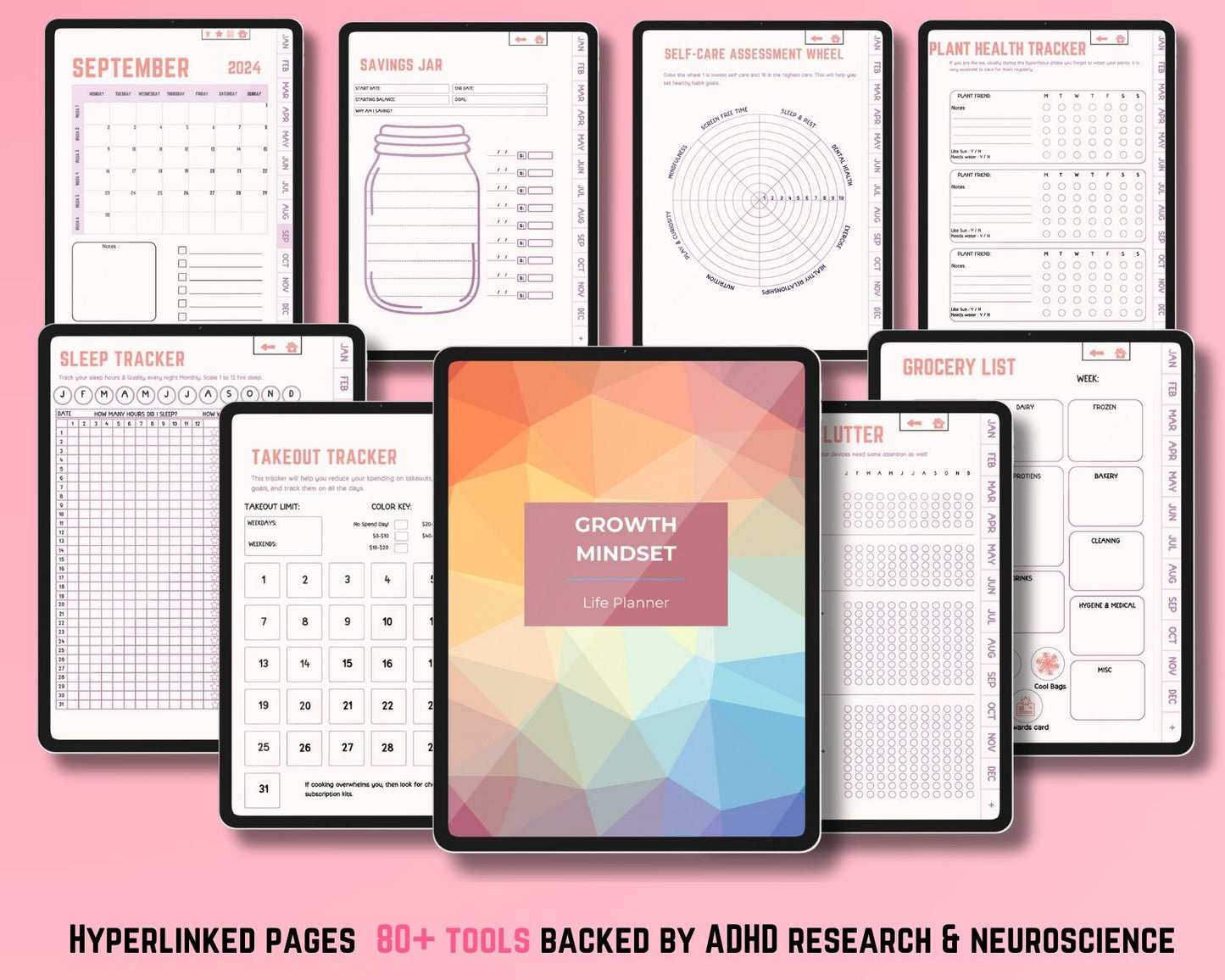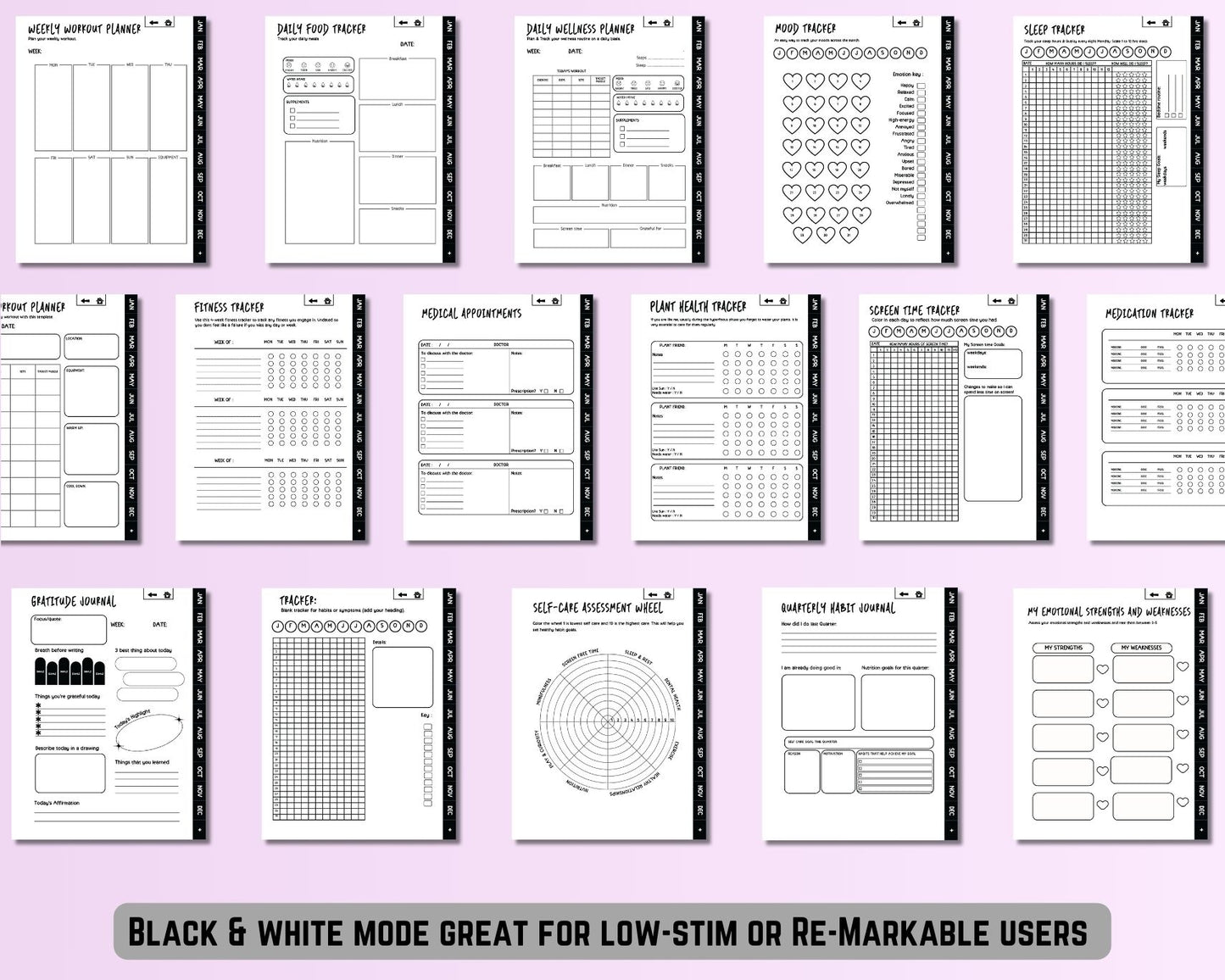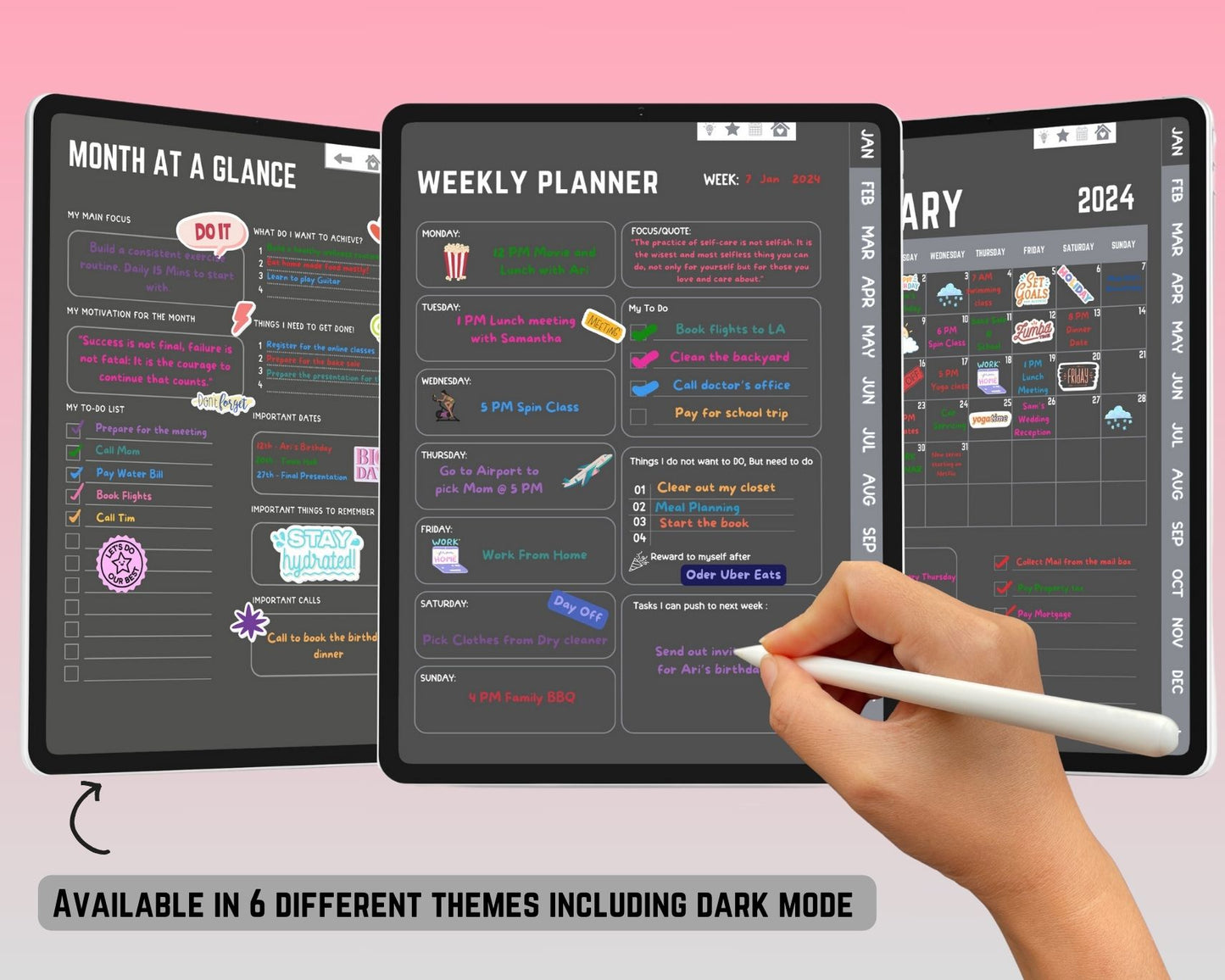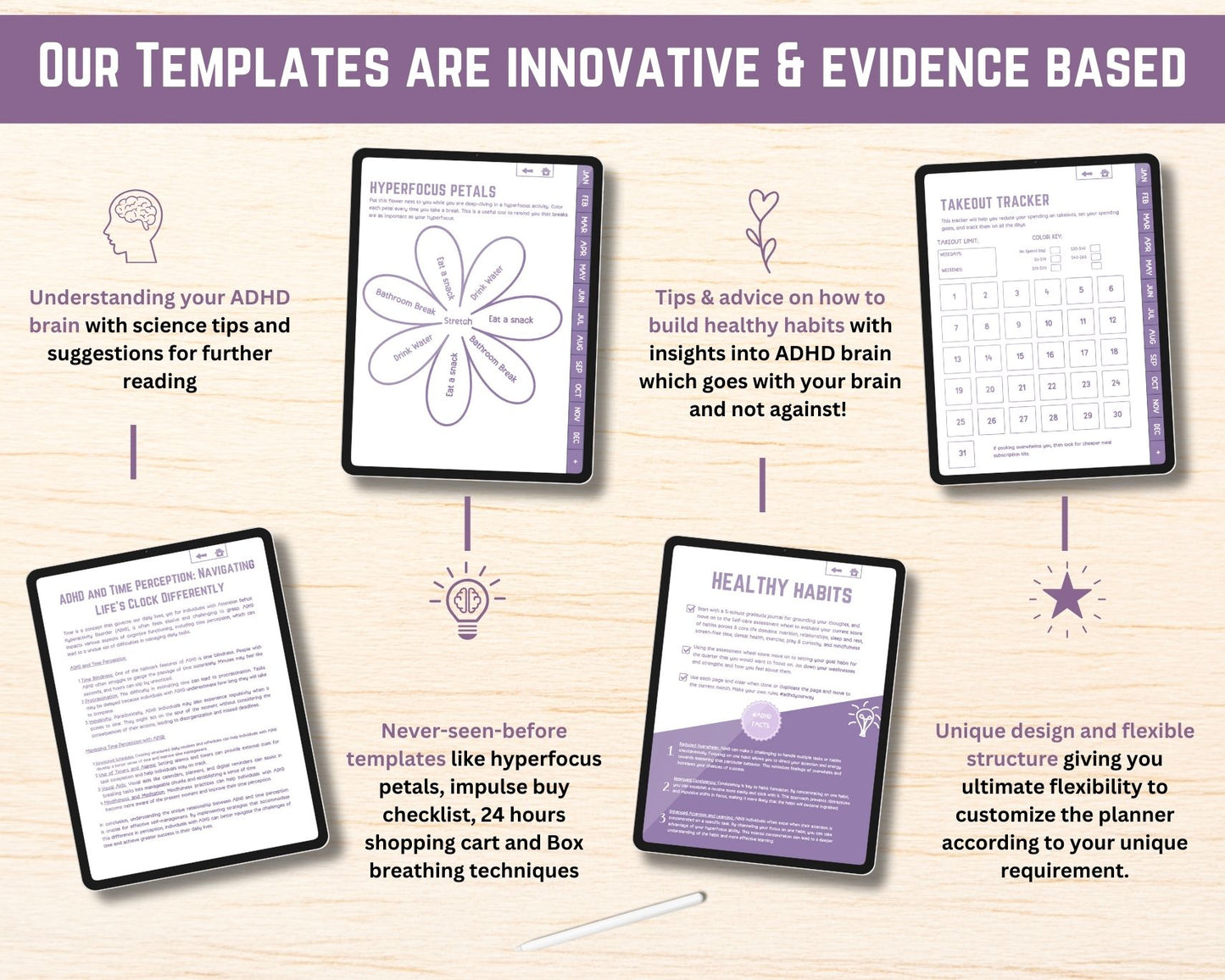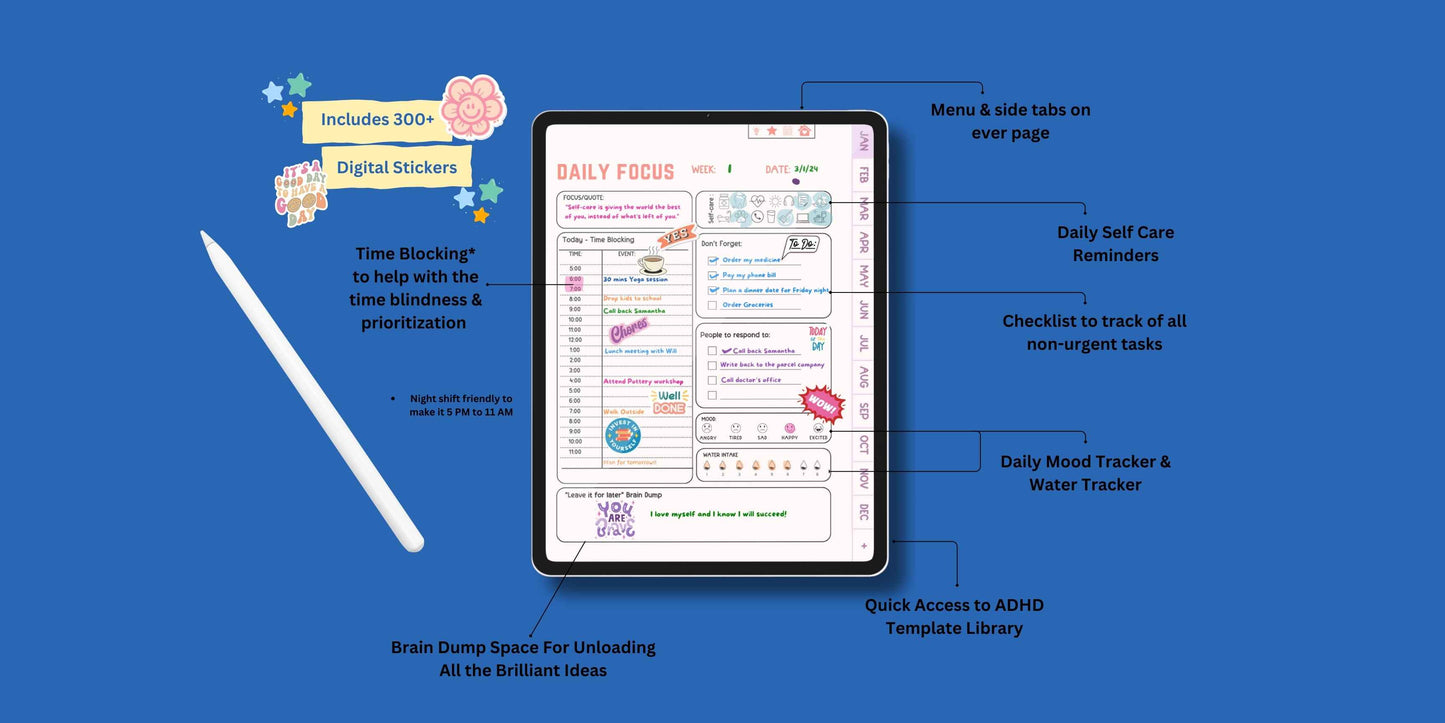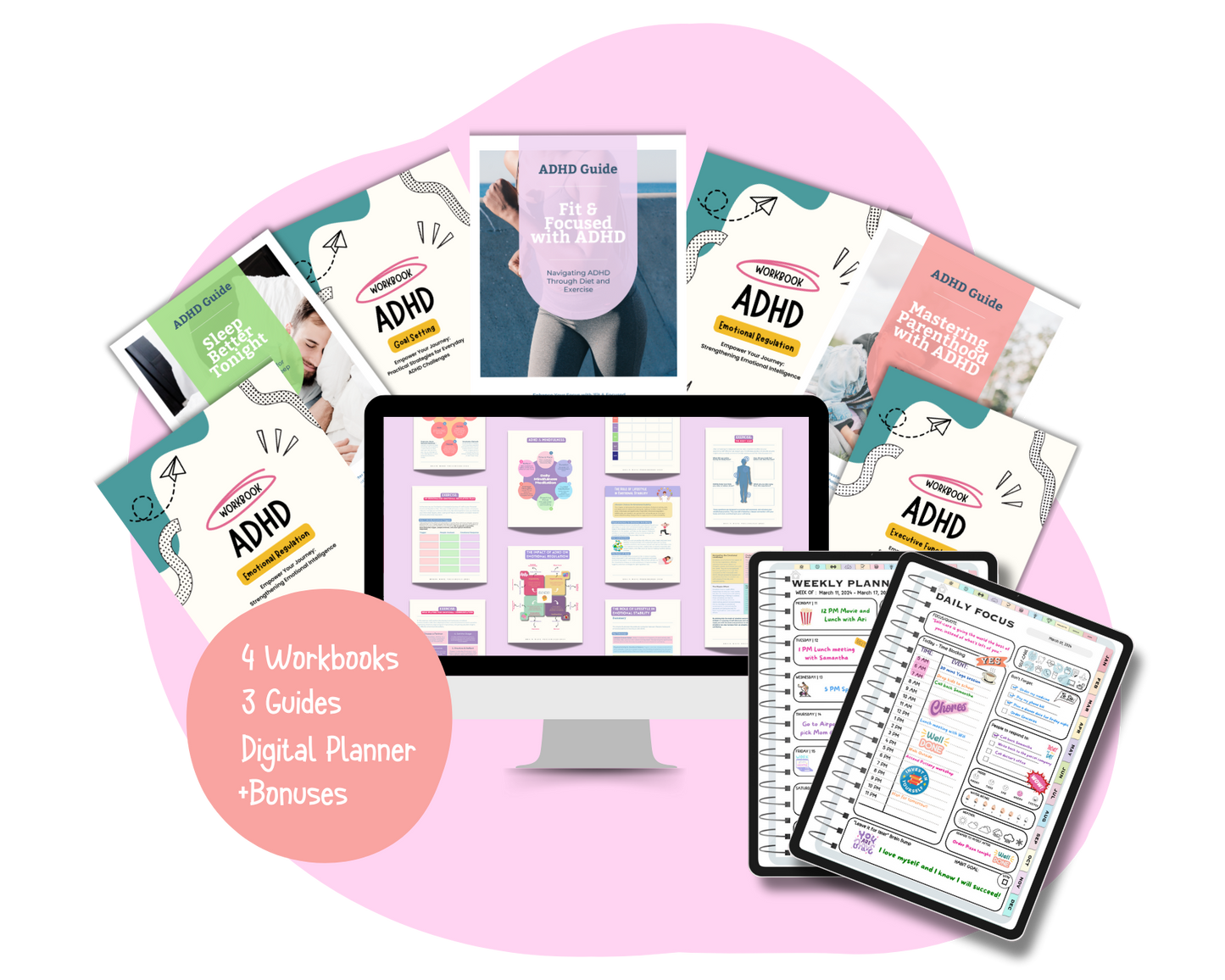Attention Deficit Hyperactivity Disorder (ADHD) is more than just difficulty focusing; it can impact various aspects of an individual's life, including their nervous system. One aspect of ADHD that is less commonly discussed but equally significant is nervous system burnout. In this blog, we'll delve into what nervous system burnout is, its connection to ADHD, and strategies for understanding and coping with it.
What is Nervous System Burnout?
Nervous system burnout, also known as sensory overwhelm or neurological exhaustion, occurs when the brain and nervous system become overwhelmed by sensory input and cognitive demands. It can lead to fatigue, irritability, and a heightened stress response.
The Connection Between ADHD and Nervous System Burnout
Individuals with ADHD are more susceptible to nervous system burnout due to the following factors:
- Sensory Sensitivity: Many individuals with ADHD have heightened sensory sensitivity, making them more susceptible to sensory overload.
- Cognitive Demands: Managing ADHD requires constant cognitive effort, which can lead to mental fatigue and burnout.
- Emotional Dysregulation: ADHD can contribute to emotional dysregulation, making it challenging to manage stress and overwhelm.
Recognizing the Signs of Nervous System Burnout
Understanding the signs of nervous system burnout is crucial for early intervention and management. Some common signs include:
- Irritability: Increased irritability or emotional reactivity in response to stimuli or demands.
- Fatigue: A persistent feeling of mental and physical fatigue, even after adequate rest.
- Sensory Overload: Difficulty processing sensory input, such as loud noises, bright lights, or crowded spaces.
- Reduced Focus: A noticeable decline in the ability to concentrate or maintain attention.
- Increased Stress: Heightened stress response, which may manifest as anxiety, restlessness, or muscle tension.
Strategies for Coping with Nervous System Burnout in ADHD
Managing nervous system burnout in ADHD requires a combination of self-awareness and coping strategies:
- Self-Awareness:
- Recognize your triggers and early signs of burnout. Knowing when to take a break is essential.
- Sensory Management:
- Create a sensory-friendly environment by reducing clutter, minimizing noise, and using calming tools like noise-canceling headphones or weighted blankets.
- Mindfulness and Relaxation Techniques:
- Practice mindfulness exercises and relaxation techniques to reduce stress and promote emotional regulation.
- Structured Routine:
- Implement a structured daily routine that includes breaks and downtime to prevent cognitive overload.
- Prioritize Self-Care:
- Prioritize self-care activities such as exercise, adequate sleep, and a balanced diet to support your nervous system.
- Social Support:
- Seek support from friends, family, or a therapist who can help you navigate the challenges of ADHD and burnout.
- Medication Management:
- Consult with a healthcare provider about medication options that can help manage ADHD symptoms and reduce cognitive demands.
- Limit Cognitive Load:
- Break tasks into smaller, manageable steps and prioritize tasks to avoid cognitive overload.
- Set Boundaries:
- Establish boundaries to protect your mental and emotional well-being. Learn to say no when necessary.
- Time Management:
- Use time management techniques such as time blocking and task prioritization to reduce cognitive demands.
Conclusion: Managing Burnout for a Balanced Life
Nervous system burnout is a real and significant challenge for individuals with ADHD. However, by recognizing the signs, implementing effective coping strategies, and seeking support when needed, you can better manage the impact of ADHD on your nervous system. Remember that self-care and self-compassion are essential components of navigating the complex intersection of ADHD and nervous system burnout. With patience and proactive management, you can lead a more balanced and fulfilling life.
